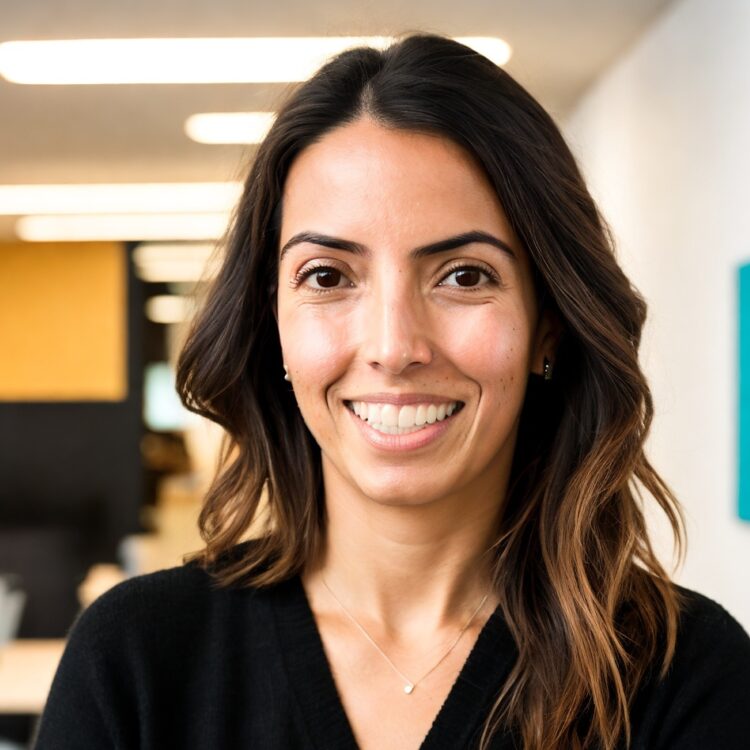Anahita Vieira, Ph.D.
Let's write together.

Let's write together.










The main workshops I currently offer are described below, but I am always open to putting together a customized writing workshop based on your unique goals. If that's something you're interested in, please reach out. I've led writing workshops for a range of career levels—undergraduates enrolled in summer research programs, graduate school recruitment events, and research lab groups made up of research assistants, graduate students and post-docs.
The personal statement is one of my favorite documents to help with—and for many prospective candidates, it's the hardest one to tackle.
How do you strike the right balance between presenting yourself as the ideal candidate for the program without bragging? How do you choose what personal details you should (or shouldn't) include? What if you have a messy personal narrative? How many (and how much) of your research experiences should you write about?
In this workshop, we'll answer all these questions and then some. We'll use generative writing exercises to get words on the page and we'll review the critical components that make up a strong personal statement.
Applying to college is stressful enough. Working on your college admissions essay doesn’t have to be! In this workshop, we will demystify what admissions committees are looking for in reading your essay, break through the barrier of the blank page using generative writing prompts, and refine your story so you can confidently write your first draft. Half the battle is starting and the other half of the battle is refining your personal narrative. We’ll work on both of these challenges and have fun along the way!
Everyone has the capacity to learn how to write clearly. The problem is, many of us weren't taught how to do so in an intuitive way. The problem is further compounded in academic settings where the writing contains abstract and complex ideas. But there's no need to perpetuate incomprehensible styles of academic writing (see: academese).
In this interactive workshop, we'll discuss the importance of writing for your reader. We'll explore the nature of human expectation and review fundamental sentence-level considerations to ensure clear writing.
Participants will be invited to bring a work-in-progress (a manuscript, fellowship application, grant proposal, etc.) to workshop.
Although each grant has its own requirements, all grants are persuasive documents written with the same end goal in mind: obtain funding.
In this two-part workshop, we'll review the writing elements that make up all successful grant applications, discuss the most common writing pitfalls, and review Randy Olson's powerful ABT approach. The second half of the workshop will focus on the components of the specific grant type you'd like to go over (R, K, F, and T-series NIH grants; NSF-style grants; private foundation grants).
Participants will be given the opportunity to apply their newfound skills in real time by revising text (using their own or with a provided sample).
The most helpful part was learning how to start the personal statement essay. The generative writing exercise helped me be more present when thinking about all the different sections in the statement.
Researcher at Broad Institute of MIT and Harvard
The Mouse-go story was extremely cute and super illustrative of how there's a basic understanding of language that we dilute over time. Super memorable teaching moment.
Graduate Student at Broad Institute of MIT and Harvard
I really enjoyed the writing exercises. I will use them to reflect before writing my essays!
UC Davis, Neuroscience Initiative to Enhance Diversity (NIED)
The interactive portion was great (more examples with the interactive Google doc would also be fun). It was a good balance between theory and practice!
Postdoc at Broad Institute of MIT and Harvard
As an academic editor, my primary goal is to help you achieve your goal, not to impose my stylistic preferences onto your writing. Whether you're looking to get a grant funded, your paper published, or a graduate school interview secured, I can help. I'll work with you to help you identify your message, own your voice as a scholar, and to communicate clearly and effectively. If you're already happy with your writing but could use a second pair of eyes, I can help with that too.
"Anahita is an amazing editor. I have worked with her on several projects, and she always provides invaluable input. Not only does she bring a keen eye and a unique interactive approach to editing, her detailed insights and compassion have helped me develop and strengthen an academic voice."
Postdoctoral Researcher at NYU
When I was applying to biotech companies I hired Anahita to edit my cover letter. She had insightful suggestions that made the letter cleaner and easier to read. In addition, I've also worked with Anahita on editing a scientific manuscript, on which she showed great initiative and ability to effectively communicate the data.
Researcher at University of California, Davis
"Anytime I'm working on a grant application or formal essay, the first person I think to ask for help in the revision process is Anahita! She is able to give thorough, detailed, and helpful responses in a timely manner. Her expertise in academic writing as well as her interdisciplinary interests make her not only an expert editor, but a very thoughtful one. I've always greatly appreciated her advice and editing recommendations and I'm so happy to recommend her to others!"
Professor at Kennesaw State University
As international student (Latin-American) in a PhD program at the University Texas of Dallas, receiving help to improve my writing skills was undoubtedly invaluable. During that stressful moment of writing a PhD dissertation and modeling spatial data, Anahita provided comments to my dissertation to be ready for defense. She supported my writing skills with not only sharing time and providing guidance, but also by sharing her editing skills.
Professor at National Agrarian University